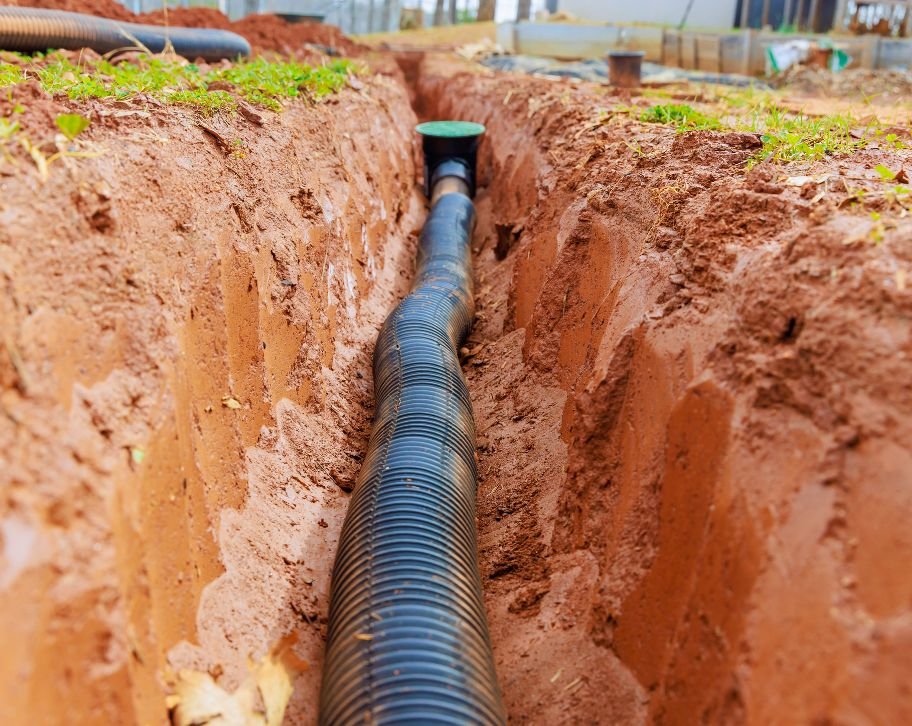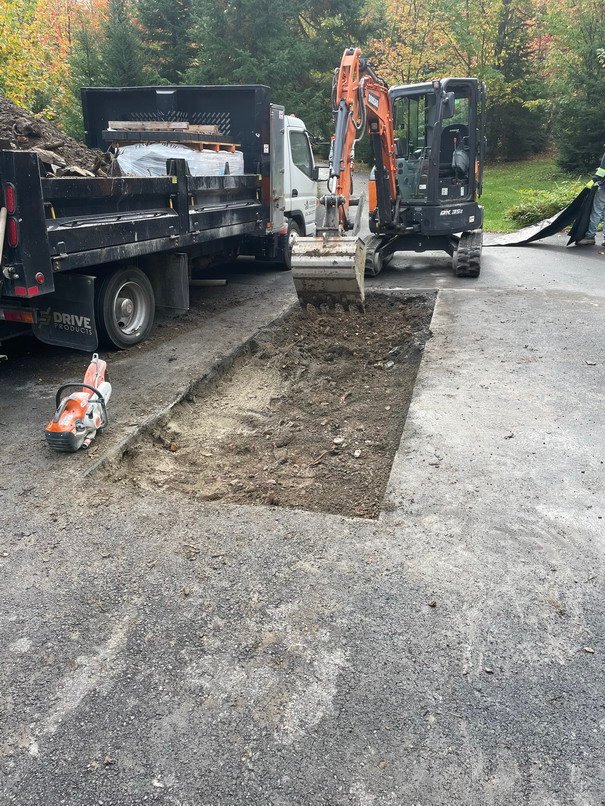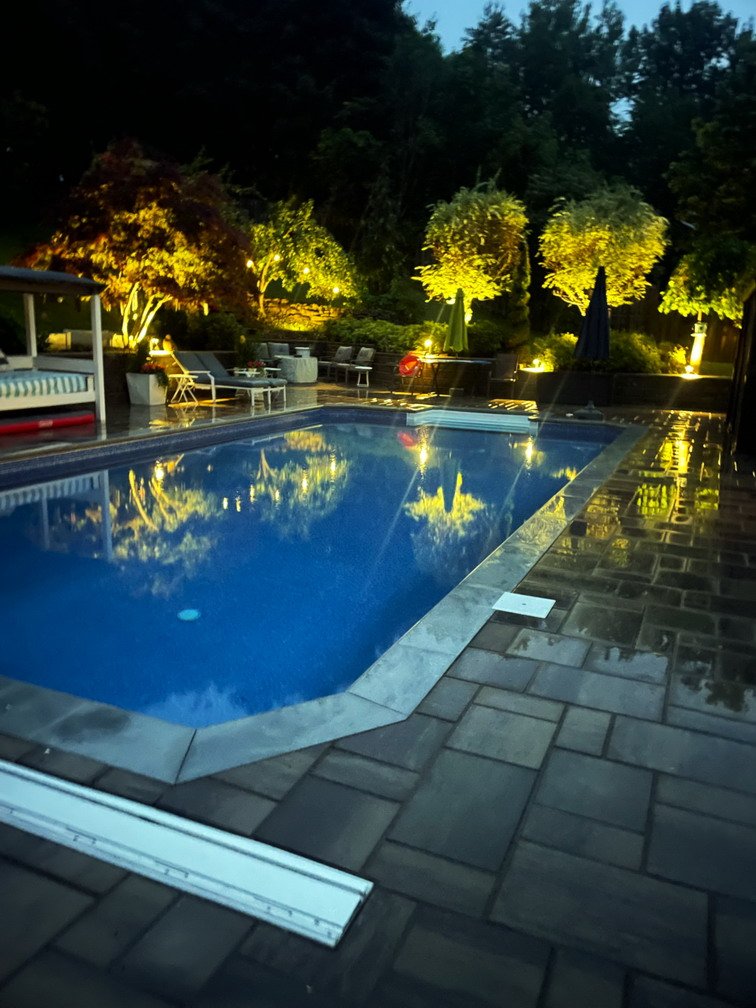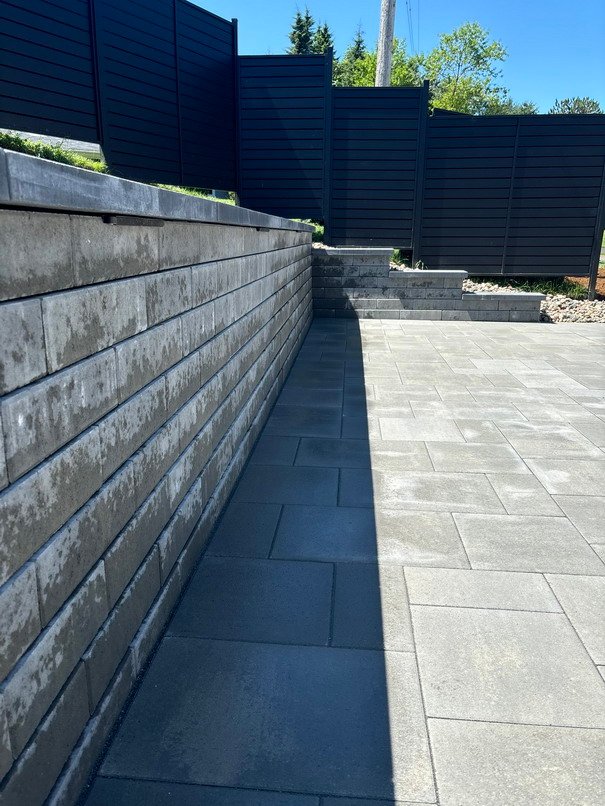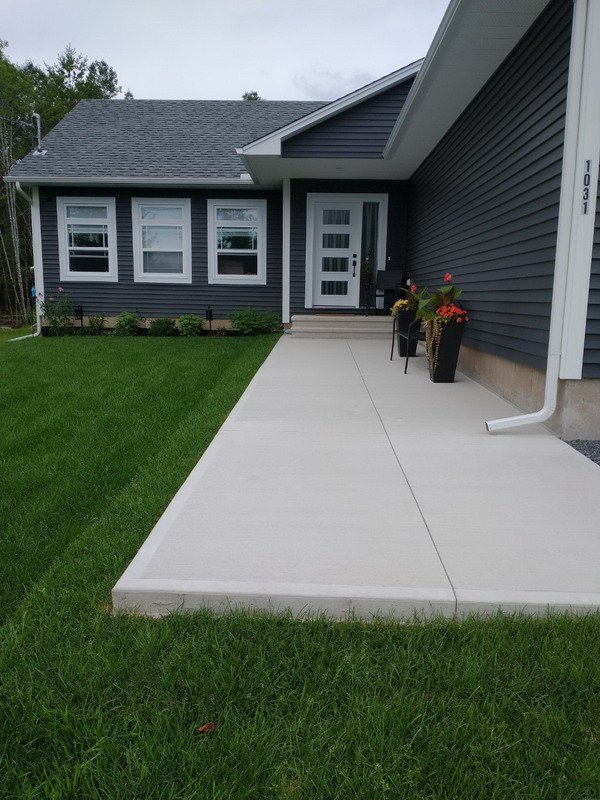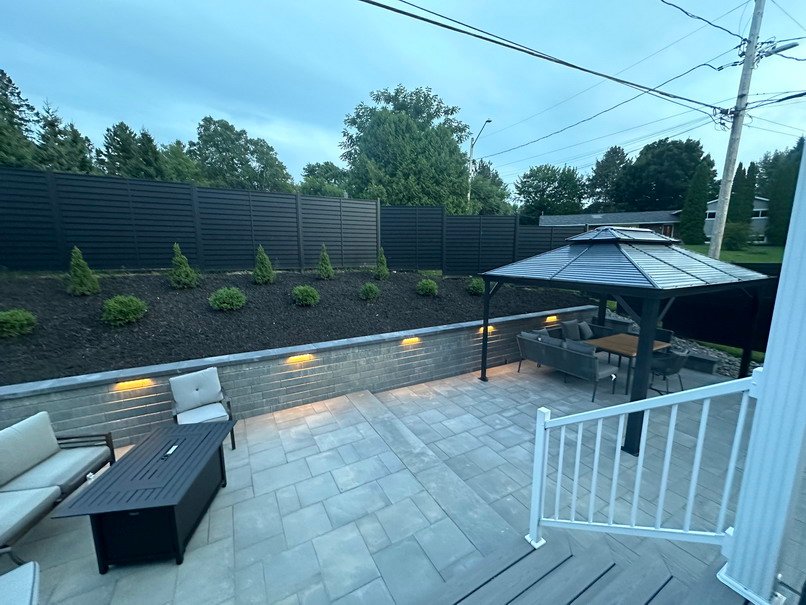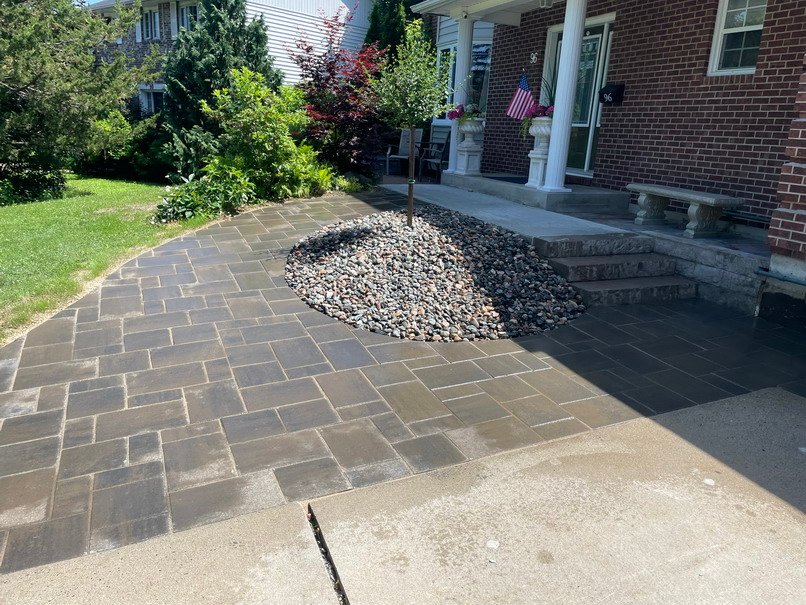How to Choose the Best Location for a French Drain?
How to Choose the Best Location for a French Drain? Have you been dealing with excess water in your yard or basement flooding issues? Installing a French drain may be the solution. But for a French drain to work properly, its location is important. As a homeowner, choosing the best spot for your French drain is an important decision. In this article, we’ll walk through what you need to know to select the ideal location. What is a French drain system? A French drain is a subsurface drainage system that collects and redirects excess surface and groundwater away from problem areas. It consists of a trench filled with gravel and a perforated pipe located in the bottom of the trench. The perforated pipe is wrapped in filter fabric to prevent soil from clogging it. By sloping the pipe away from your home’s foundation or other structures, a French drain is able to funnel water to a discharge area using gravity. This diverts water away before it causes damage like basement flooding or erosion. Why proper location is important? The effectiveness of a French drain depends greatly on where you put it. It needs to be placed to intercept water flow before moisture becomes a issue. If installed too far away from the source, water may pool in unwanted areas before reaching the drain. But locating it too close to structures like your home’s foundation could undermine structural integrity over time. Careful evaluation of your entire property is key to determining the optimal location. How to choose the right location? Assess your property To choose the best spot for your French drain, start with a thorough property assessment to understand where water collects or pools. This will reveal the ideal intercept location. Carefully examine any low-lying or shallow areas where water may accumulate after it rains. Pay close attention to your basement, foundation, yards, driveways, and retaining walls. Look for signs of moisture issues. Identify water accumulation zones Indicators that an area is prone to standing water include damp spots on your home, white mineral deposits called efflorescence, musty odors, mold growth, and actual visible pooling. Use a garden hose, sprinkler, or soaker hose to simulate a rain event and observe where water runs off to or collects. Determining the best location Armed with data from your property assessment, the following factors will help narrow down the ideal intercept location: Analyze soil type and composition Conduct basic soil tests to understand your soil’s texture, mineral and nutrient content, and most importantly – its permeability and ability to absorb water. Clay-heavy soils drain poorly while sandy soils require less trench depth. Slope and elevation Consider how your yard naturally slopes – both macro and micro – to gauge water flow paths. Even small elevation changes direct runoff. Installing on a slope enables you to take advantage of gravity-fed drainage. Consider proximity to structures Place the drain far enough from your home or garage that if it failures or needs maintenance, it won’t undermine foundations. Leave at least 5-10 feet between the drain and any structure. Plan the layout Now that you’ve identified the ideal intercept location, plan your French drain’s path and dimensions: Ideal depth and width for a French drain While soil conditions may require adjusting, most residential French drains are between 18-24 inches deep and 6-8 inches wide. Wider trenches risk future collapse while narrow ones won’t hold enough gravel for proper water absorption. Map out the drainage path Use a garden hose or rope to trace where water flows from the problem area. Slope the perforated pipe at a constant 1/4 to 1/2 inch per foot drop as it carries water away to a dry well or daylight exit. Choose the right material You will need washed gravel (like pea gravel), a perforated drain pipe, non-woven geotextile filter fabric, and landscaping fabric to cover the trench after installation is complete. Get high-quality, corrosion-resistant materials for maximum lifespan. Consequences of choosing the wrong French drain location Ineffective Drainage If the drain is not placed in an area where it can properly collect and redirect water, it may not solve the existing drainage issue. The water will continue pooling in unwanted locations if the drain does not intercept and divert the flow properly. Potential Property Damage Installing the drain in an incorrect spot could damage the property. It may cause the foundation to erode or water to accumulate in areas not intended if the drain is misplaced. Improper installation at the wrong location increases these risks. Costly Repairs Fixing a mistakenly placed French drain is both time-consuming and expensive. Removing the existing drain and constructing a new one in the suitable location requires professional help. This corrective work significantly drives up the costs associated with the drainage project. Here are some signs that indicate the current French drain location may be wrong: Water continues standing or pooling in spots where it should drain away New ponding problems develop even with the drain installed The drain appears to overflow or back up, indicating it cannot adequately manage the water flows. If any of these issues occur, consulting a landscape drainage expert is recommended. They can properly evaluate the situation and recommend whether a minor adjustment or full relocation is necessary to fix the drainage problem. Contact the right drainage contractor in Fredericton If you think your French drain may have been installed in an improper location or needs repairs in Fredericton, it is important to contact the best drainage contractor to assess your needs. Atlantic Hardscape and Concrete is a best French drain system installer in Fredericton. As the premier hardscape contractor, we at Atlantic Hardscape and Concrete have the expertise to evaluate your drainage issues and recommend the best path forward. Whether a minor adjustment to your existing drain or a full relocation is necessary, our team of trained professionals has the skills and knowledge to get the job done right. So for proven french drain installation, repairs or any outdoor

